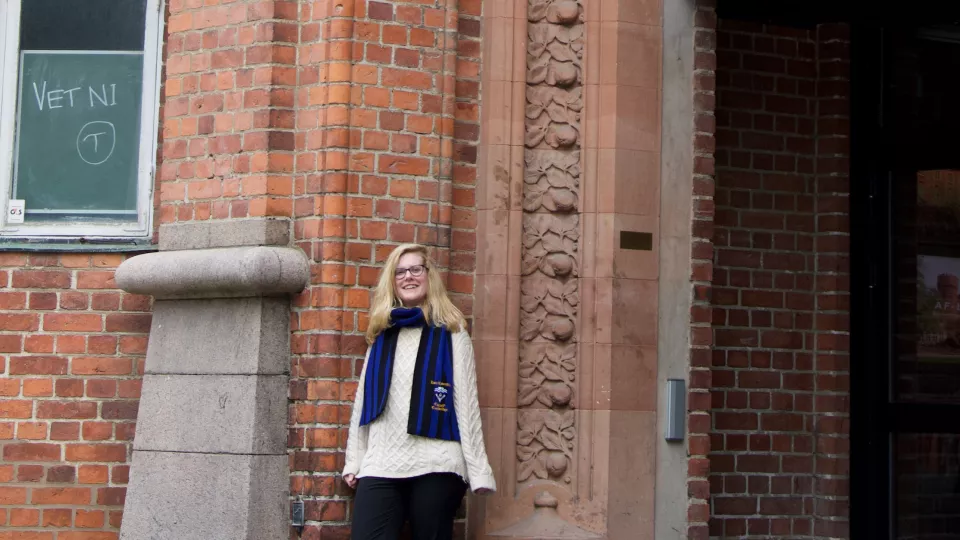Alexandra Franzén's thesis defence took place on Friday 1 October at 13:15 in Eden's Auditorium in Lund and via Zoom.
Discussant: Professor Ulf Bjereld from the Department of Political Science at the University of Gothenburg.
Main supervisor and chair person of the defence: Professor David Wästerfors at the Department of Sociology, Lund University.
Examination committee:
- Associate Professor Marie Cronqvist, Department of Communication and Media, Lund University
- Professor Magnus Wennerhag, Department of Social Sciences, Södertörn University
- Professor Carl-Göran Heidegren, Department of Sociology, Lund University
Abstract
Spy scandals in Western democracies can be seen as a power battle between three actors: investigative journalists, whistleblowers and the intelligence organizations at the center of the scandal. It is a conflict played out both within and outside of the court-house as the actors try to claim the label “hero” for themselves while actively trying to repudiate other labels, such as “traitor”, “spy” or “criminal”. This study investigates three particular cases of spy scandals in Western democracies: the IB-scandal in Sweden in 1973, The Guardian’s Snowden–publications in 2013 and the Danish daily newspaper Politiken’s publication of the book Seven years for PET – The time of Jakob Scharf in 2016. Researchers within political sociology have paid very little interest to spy scandals and the role of security and intelligence services in Western democracies. This research field is both understudied and undertheorized.
This research project is developed along two tracks. In the first part of this dissertation, the three empirical case studies of the IB, Snowden and PET spy scandals are presented. Wilhelm Agrell’s concept of the “legality paradox” of security and intelligence agencies in Western democracies and Carl Schmitt’s thoughts on the state of exception are particularly useful perspectives here. In the second part of this dissertation, I conduct an analysis of the vocabularies of motives of the key actors in the three spy scandals. The vocabularies of motives are examined using reference group theory as developed by Robert K. Merton and Malin Åkerström.
Both social scientists and legal researchers have written extensively on the topic of press freedom versus state security in Western democracies. In general, the legal research on the subject is intellectually more advanced than its equivalent in the social sciences: the latter is often burdened by the Foucauldian perspective that all security and intelligence services are by default illegimate and should be abolished. One of the main objectives of this doctoral dissertation is to bring together these two different research traditions, political sociology and legal research, to investigate intelligence organizations and spy scandals in four Western democracies.
This dissertation advances new empirical and theoretical insights by drawing on previous research, legal and archival documents from the three case studies as well as thirteen interviews with key actors. It is argued that the absence of explicit laws regulating security and intelligence services in Western democracies, in addition to the states’ rhetorical definition of the spy scandal as an act of espionage or terrorism, tend to produce a partial state of exception. It is also shown that investigative journalists and whistleblowers, on the one hand, and intelligence organizations and courts, on the other hand, fundamentally disagree on the intended audience of the published spy scandal. The former argue that the general public is the audience of the spy scandals, whereas the latter counter that the state’s security policy enemies are the true audience.
Alexandra Franzén's personal page in Lund University's research portal.


